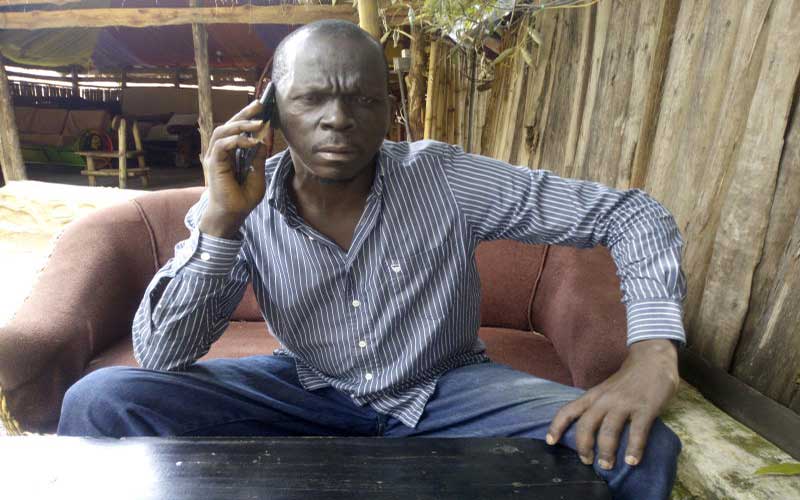×
The Standard e-Paper
Fearless, Trusted News

Not many Kenyans know the clamour to change the constitution started way back in the 1980s following the introduction of the one party state.
Those who tried to push for constitutional reforms that led to multiparty democracy in 1992, were arrested and even detained without trial.